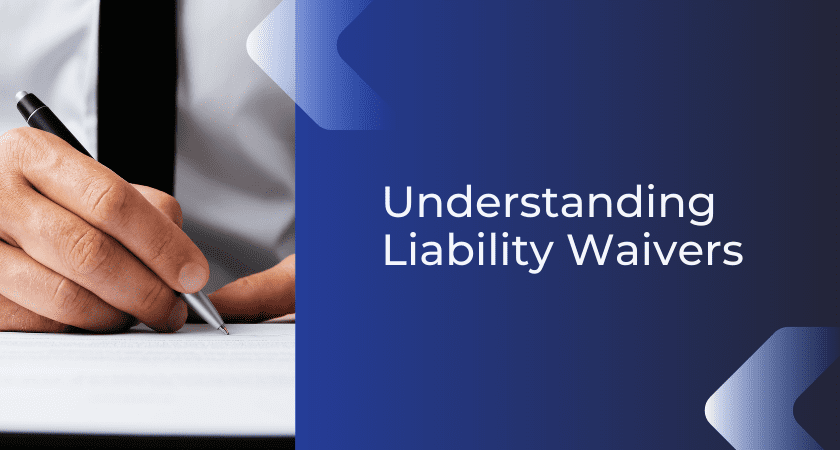If you have ever visited a trampoline park, waterpark, or any other type of recreational activity that could result in injury, you may have received an activity waiver. Businesses provide this type of waiver to protect themselves from liability in case someone suffers an injury on their premises. If you do sustain an injury, the company may use this document to avoid paying for your damages — but there are certain circumstances where an activity waiver will not hold up in the courtroom.
Are Activity Waivers Effective?
Activity waivers may protect the company’s best interests, but there are some situations where a court will not uphold the waiver. If any of the following scenarios apply to your case, you may be able to bypass the terms of the waiver.
- The document violates state law or public policy.
- The waiver does not contain the proper wording that California contract law requires.
- Your injury does not occur due to the risks that the contract states or from simple, or ordinary, negligence.
Your injury lawyer in Bakersfield can evaluate the language in the contract to determine whether you may have grounds for a lawsuit. California has a list of criteria that would make a liability waiver void, and your lawyer will have the experience and legal knowledge necessary to determine if you have grounds for a lawsuit.
When it comes to negligence, you will need to determine whether simple or gross negligence occurred. Simple negligence refers to unsafe conditions that may occur even if the property owner upholds his or her duty to maintain safe premises, such as malfunctioning equipment. For example, if you slip on a puddle at a water park and hit your head, you may not be able to pursue compensation since this hazard is likely to arise even if the owners paid attention — especially if the contract explicitly states this is a risk.
Gross negligence, on the other hand, refers to intentional harm and a willful disregard of patrons’ safety. If the owner knew about a hazard and ignored it, leading to your injuries, you would have grounds for legal action, even if you signed a waiver. For example, say you visit a trampoline park and suffer injuries when a trampoline collapsed. You discover a manager noticed the damage, reported it to the owner, who ignored it. You can hold the facility accountable under these circumstances.
Liability Waivers in the Age of COVID-19
As more states loosen restrictions during the pandemic, some owners are asking patrons to sign liability waivers releasing their companies from any fault if they contract COVID-19 during their visit. Businesses, including hair salons and restaurants, as well as in-person events have utilized these waivers.
These types of waivers are unprecedented, and they may not hold up in court, depending on the language in the waiver. Future federal legislation may extend broad protections for businesses and nonprofit organizations to avoid COVID-related liability.
Do You Need an Attorney?
If you experience harm while participating in an activity or visiting a business that requires you to sign a liability waiver, you still have options for legal action. Speaking to a California injury attorney can help you understand whether or not the activity waiver could hold up in court.
Your attorney can also assist with evidence collection, handle negotiations, and help you develop a compelling case for your compensation. Contact your lawyer as soon as possible after your accident to discuss your legal options.
